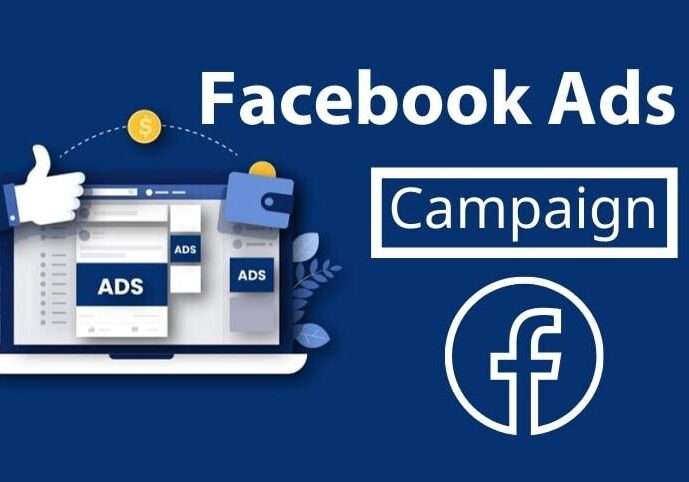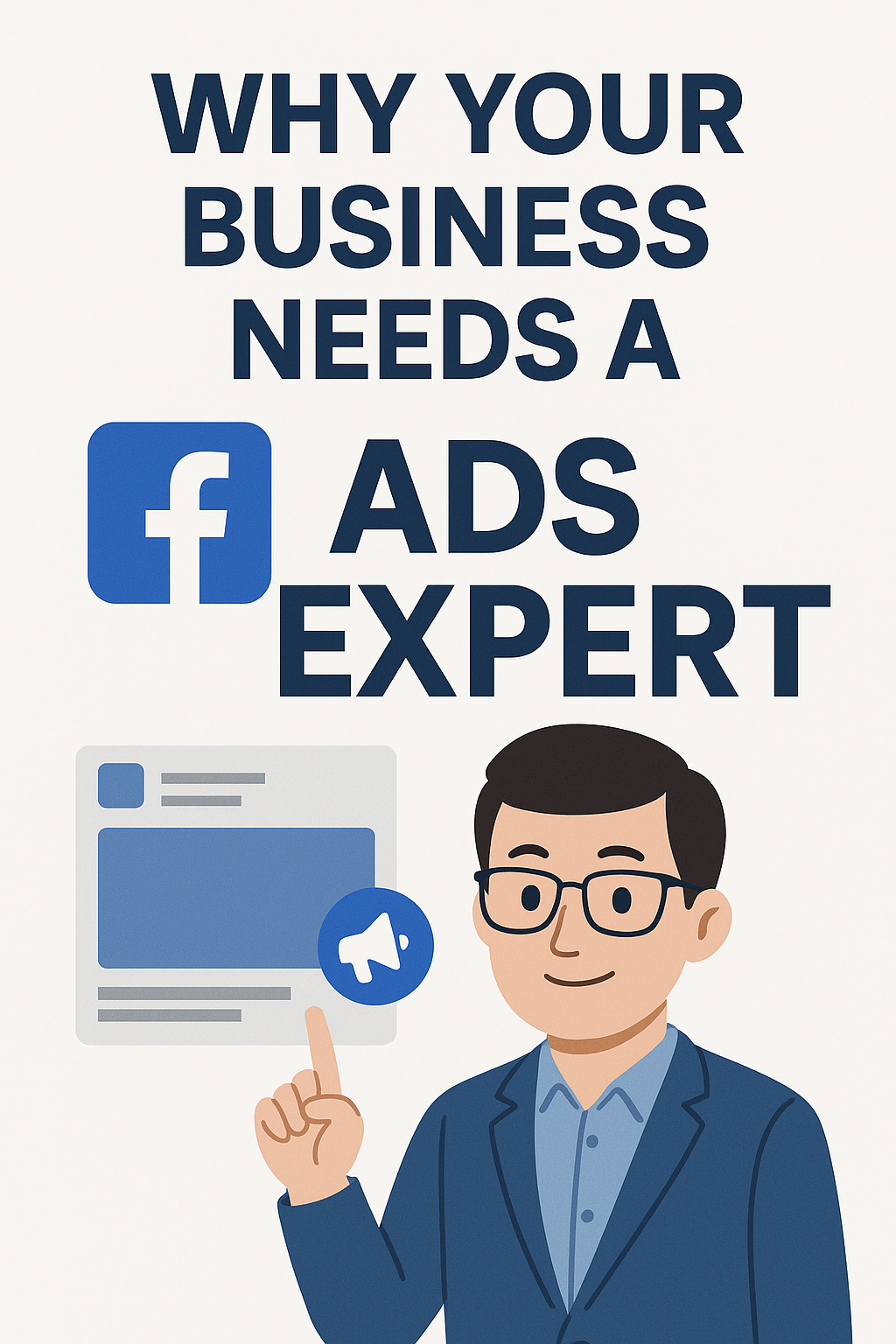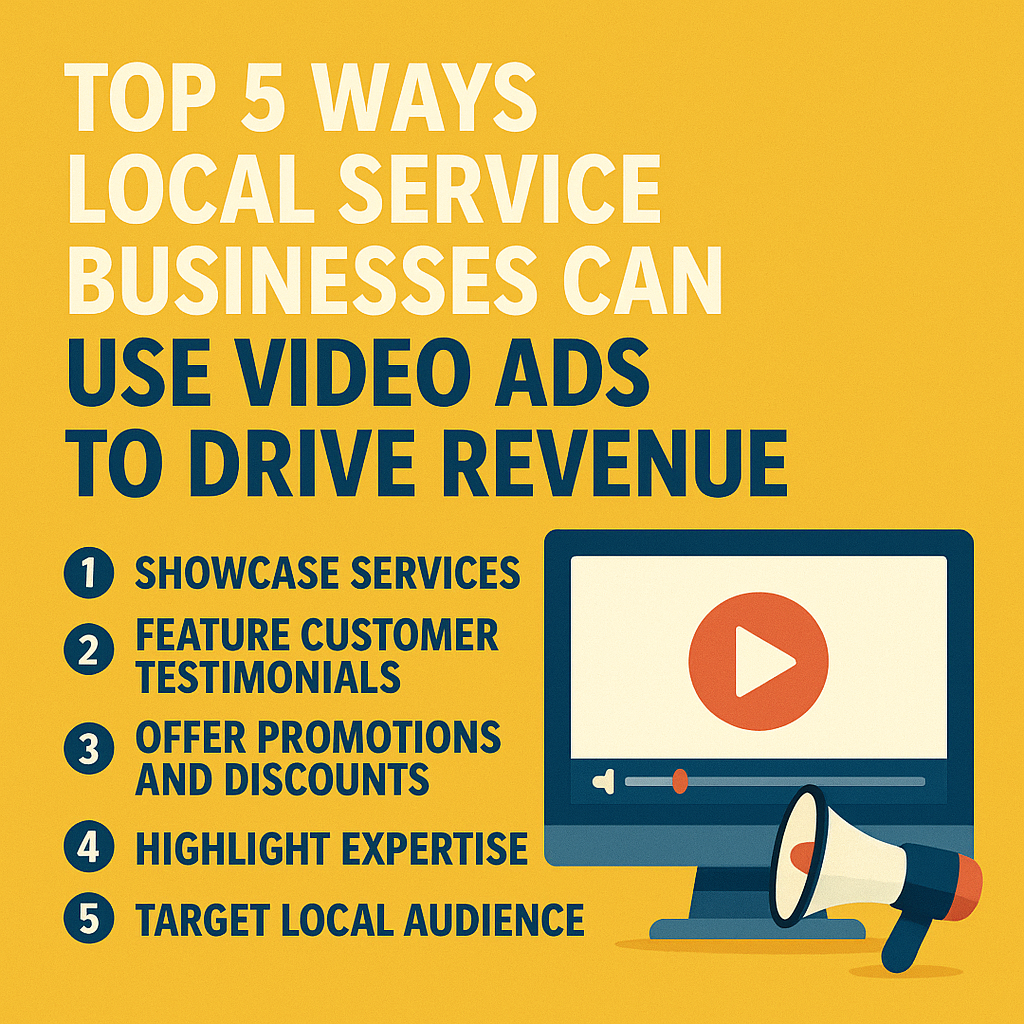Facebook advertising sounds simple until you actually try running a campaign. Then you realize it’s not just about posting an ad and waiting for results. It’s about data, targeting, timing, creativity, and, honestly, patience.
It is so easy when the experts do it, and what happens behind any fortunate campaign is a blend of strategy, tests, and a couple of lessons scarcely learned. Whenever you have flipped through the glossy sponsored campaign templates on social media and said to yourself, ‘I can do this,’ you can, but only once you know how to manage a sound Facebook advertising campaign.
Let’s see how experts can help you with Facebook Advertising Management.
Understanding What Facebook Ads Actually Do
Facebook advertisements should serve a single purpose that is, to reach the right audience, at the right time, with the right message.
Simple? Sure. Easy? Not at all.
It is possible to boost a post and receive some likes, but this is not the same as running a campaign.
The actual campaign is regarding objective brand awareness, generation of leads, sales, event registration, etc. Each of them requires a unique arrangement, finances, and plan.
Professionals do not take every advertisement similarly. They understand that the same person who scrolls at 10 PM is not necessarily in the same mood as the one who is scrolling at lunch break. Context matters.
Step One: Know Your Audience (Like, Really Know Them)
This is where most people mess up.
They target too broad a group: “everyone in the U.S. aged 18–65.” That’s not targeting; that’s wishful thinking.
Experts go deep. They study buyer behavior. They use audience insights, interests, location, and even device type. They ask,
- What do these people care about?
- What problem are they trying to solve?
- How can my brand help them feel something like trust, curiosity, or excitement?
Facebook’s ad manager gives you so many options – demographics, lookalike audiences, and custom lists and pros use them smartly.
They build small, laser-focused audiences first, then expand once they see results. That’s how you get efficient campaigns that don’t waste money.
Step Two: Craft the Message (Skip the Fluff)
Generic commercials like “We’re the best in business!” are common. “Get 10% off today!”
Scroll. Gone.
Experts write copy that addresses readers.
They sound human. They tell tales. They sometimes act boldly or humorously. We want to stop scrolling.
Good Facebook ads are conversational, not salesy.
Headline, image, and call to action should make sense. Tone for the audience. College students shouldn’t be addressed like 40-year-old homeowners.
Professional Facebook advertising management aligns message and market flawlessly.
Step Three: Choose the Right Format
Carousel, video, reels, stories, instant experiences, Facebook gives you more ad formats than most people know what to do with.
Experts test multiple ones.
They don’t assume video is “always better” or that images always win. They look at the product, the offer, and the user behavior.
Sometimes, a single image ad converts better than a high-budget video. Sometimes a short, scrappy reel gets more engagement than a polished one.
What matters isn’t how “fancy” it looks; it’s whether people act on it.
That’s why the best paid social media campaign examples usually look simple but effective. They focus on what makes users click, not what makes marketers feel clever.
Step Four: Testing Like a Scientist (and Failing Fast)
Here’s the truth: no one nails a campaign the first time.
Even experts fail; they just fail faster and fix things smarter.
A/B testing is the backbone of effective Facebook ad management. They test:
- different audiences
- ad placements
- creative versions
- CTA buttons
- even landing pages
Then they look at the data. Not just vanity metrics like likes or impressions, but real numbers: CTR, CPC, conversion rates, and ROAS.
If something’s off, they pause it. No ego, no guessing.
That’s how pros keep the performance up and the costs down.
Step Five: Watch the Metrics Like a Hawk
The hard work begins after the campaign launches.
Ad fatigue, poor CTRs, and wasted spend may be caught early by monitoring performance daily or monthly.
Sometimes Facebook’s Ads Manager is too data-rich. Knowing what matters is key.
A few metrics are important to experts:
- CTR: Do people click?
- Does your conversion rate match your expectations?
- CPC: Are you spending wisely?
- Does the ad appear too often and offend people?
Not after “likes.” They seek ROI.
Step Six: Retarget Like a Pro
Have you noticed how a product you see follows you? Not a coincidence—retargeting.
Experts utilize it well.
Remarketing efforts reengaged clickers who didn’t buy.
Simple principle: consumers seldom act on first-impression ads. A reminder or nudge is sometimes needed. A gap is closed by retargeting.
Properly done, it’s useful, not overbearing.
Step Seven: Scale Slowly (Don’t Get Greedy)
This one’s important. When a campaign starts performing well, most people instantly double the budget. Then poof, results drop.
Why? Because Facebook’s algorithm gets confused when you change too much too fast.
Experts scale carefully. They increase the budget gradually, like 10–20% at a time, and watch how it reacts.
It’s patience and data over impulsiveness. That’s why their results stay consistent while others see big ups and downs.
Step Eight: Keep Learning and Adapting
Facebook changes a lot.
New ad policies, privacy rules, algorithm tweaks, new placements… what worked six months ago might flop today.
The best Facebook ad managers keep testing, keep reading, and keep experimenting.
They look at paid social media campaigns examples across industries to see what’s trending. They learn from what others do right and wrong.
That’s how they stay ahead.
The Bottom Line
Facebook advertising management is not a chance. It is a combination of innovation, breaking it down, and playing around with it.
When you are doing ads, be a scientist and a narrator.
In case you are outsourcing the job to someone, then find those who comprehend not only the data but also human behavior.
Facebook ads are not about the algorithms but about people because, at the end of the day.
To be able to run smarter campaigns, which do bring results, look at the professionals at Social Web; we have helped brands grow through strategic, data-driven Facebook marketing that actually converts.
FAQs
1. How to advertise on Facebook effectively?
Start with clear goals. It is important to know your audience, make simple and catchy information, and apply the appropriate format (image, video, carousel, etc.). Get the small things tested first, monitor your metrics, and never make changes based on guesses.
2. How to effectively manage a Facebook page?
Remain regular in posting content, commenting, learning what your audiences enjoy through insights, and combining organic and intelligent paid advertisements. Do not over-post or disappear for a few weeks; make it regular and authentic.
3. How do you approach structuring a Facebook ads campaign to ensure it’s effective?
Start with one goal (leads or sales). Create audience-specific ad groups, try different creatives, and track results daily. Facebook advertisements need constant attention and tiny modifications to work.
4. What are effective paid social media campaigns?
Think of Airbnb’s community campaigns or Nike’s micro-targeted local commercials that tell short tales or evoke emotion. They connect emotionally while communicating their next steps. Simplicity + emotion = success.






